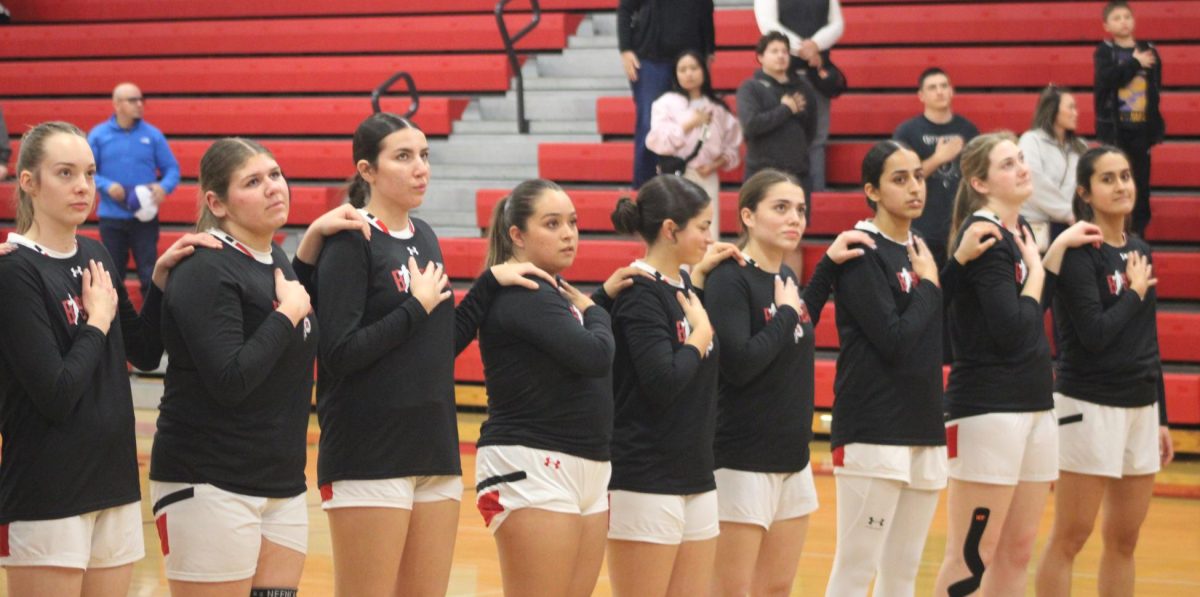For the first time in a decade, the beloved children’s show “Sesame Street” has introduced a new muppet, but she has something that makes her special.
Four-year-old Julia has vivid orange hair and bright green eyes, but more importantly, she has autism and will expose its young viewers about autistic traits and acceptance to them.
The character made her debut in a series of books and an app in 2015 as part of the “Sesame Street and Autism: See Amazing in All Children” campaign. Now she will make her TV debut with the rest of the “Sesame Street” gang in an episode airing April 10 on both PBS and HBO.
Jeanette Betancourt, Sesame Workshop’s vice president of U.S. social impact, told the Associated Press that it took years of consulting with organizations and experts in the autism community to develop the character and its campaign.
“In the U.S., one in 68 children is diagnosed with autism spectrum disorder,” she said. “We wanted to promote a better understanding and reduce the stigma often found around these children. We’re modeling the way both children and adults can look at autism from a strength-based perspective: finding things that all children share.”
In her first episode, when Elmo and Abby Cadabby introduce Julia to Big Bird, she is hesitant to shake his hand. He becomes worried, thinking that Julia doesn’t like him, but Abby explains that since she has autism, she “does things just a little differently, in a Julia sort of way.” It also focuses on her sensitivity to loud noises and her excitement during a game.
Puppeteer Stacey Gordon, who was selected to play the part of Julia, used to do therapeutic work for people with autism, and even has a son who is autistic himself. She thinks the show will be a great resources for people with autism and their playmates.
“Man, I really wish that kids in my son’s class had grown up with a ‘Sesame Street’ that had modeling [of] the behavior of inclusion of characters with autism,” Gordon said.
She also told 60 Minutes, “Had my son’s friends been exposed to his behaviors through something that they had seen on TV before they experienced them in the classroom, they’d be frightened. And [they] would have known that he plays in a different way, and that’s okay.”
Joan Ganz Cooney, one of the founders of the Children’s Television Workshop which started developing “Sesame Street” back in 1969, said that the show wasn’t afraid to tackle with real life issues that included the death of Mr. Hooper in 1983, after Will Lee, the actor that portrayed him, died almost a year earlier.
“’Sesame Street’ had always dealt with the real,” she said. “And it was real, and so we decided not to just replace him and call the man Mr. Hooper and hope they didn’t notice.”
As someone who was born on the autism spectrum, I have to praise the show for spreading more awareness and and making more people with autism feel more accepted to life. Hopefully this will make others understand more on what it’s like to be autistic and learn how to appreciate them for how special they are.








